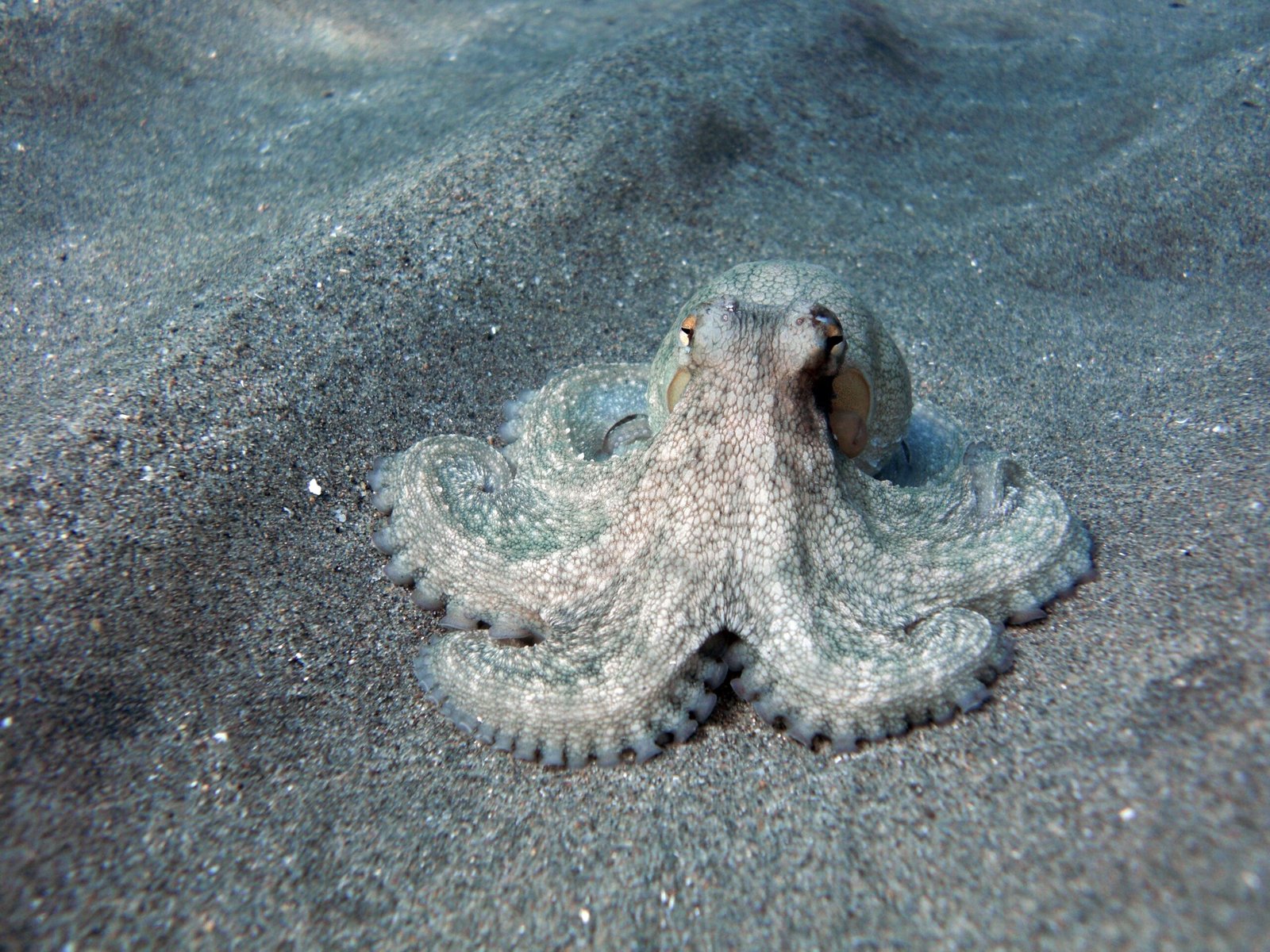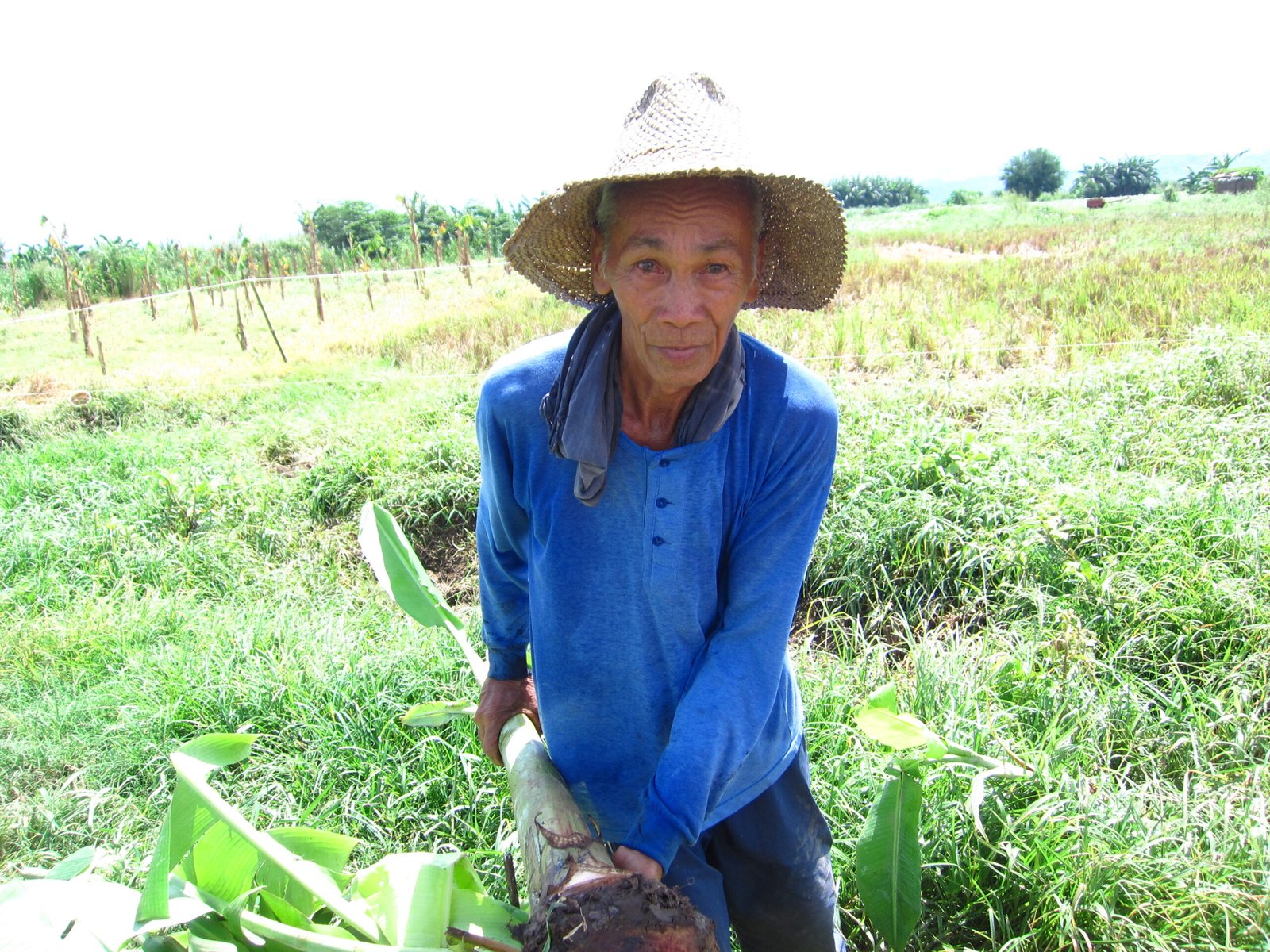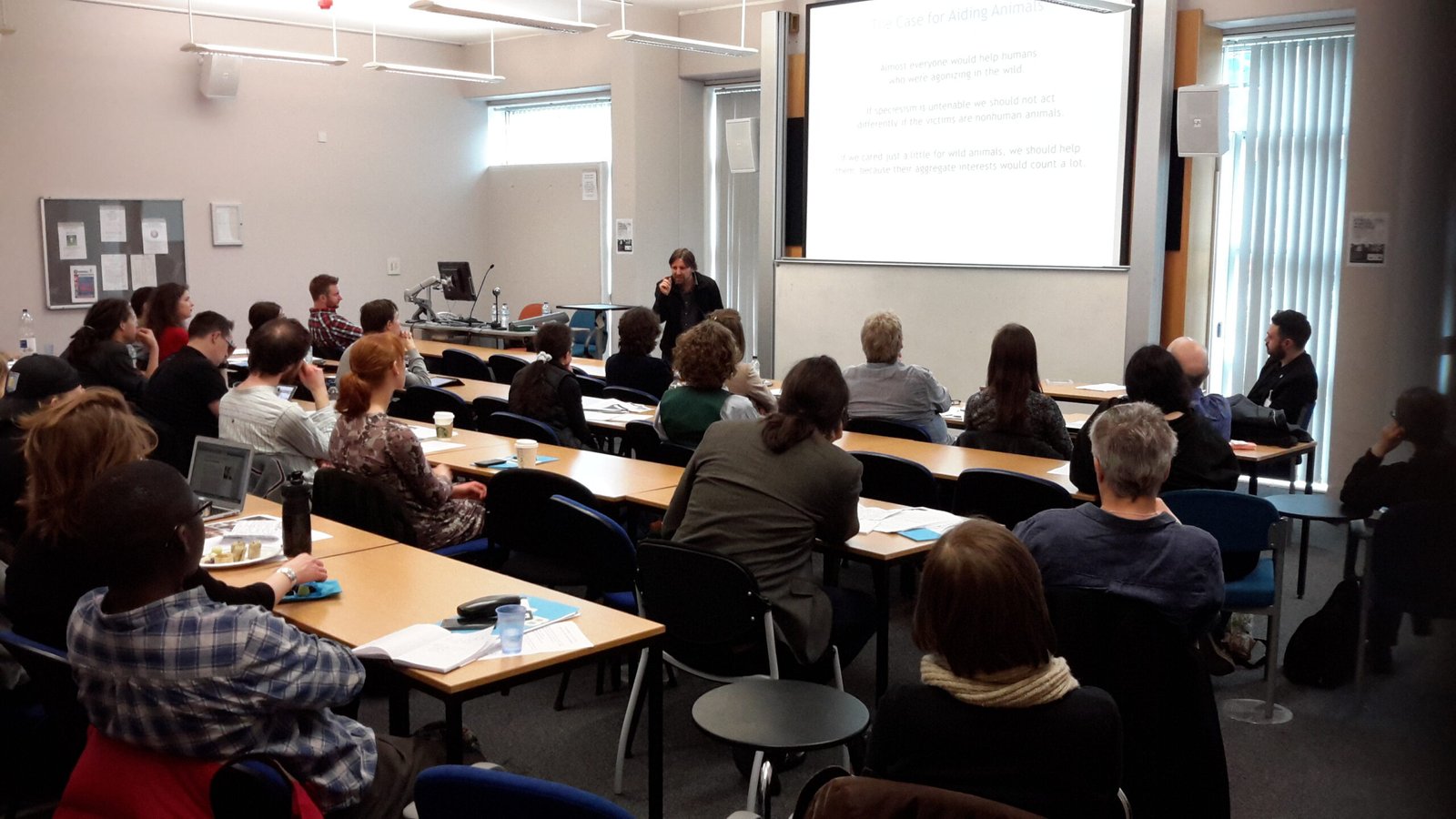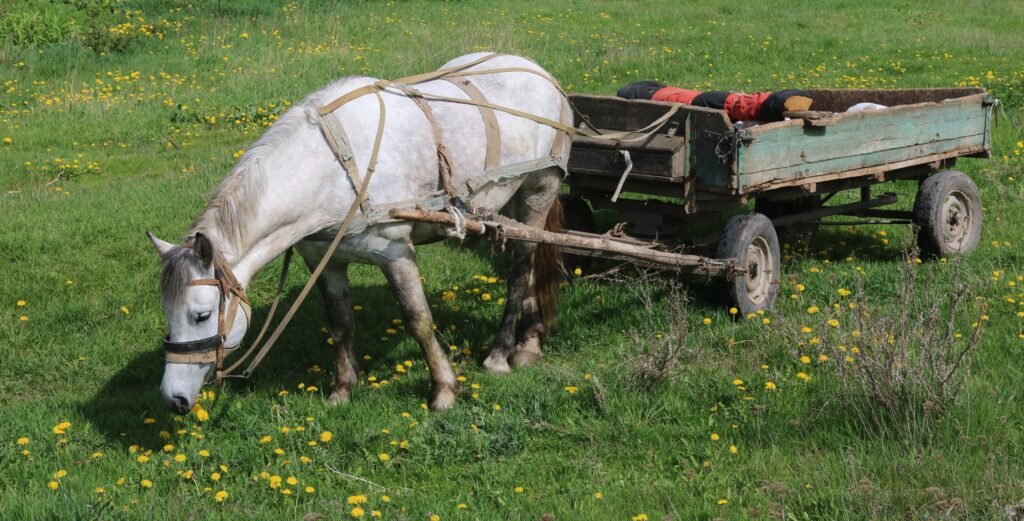Imagine gazing into the eyes of an octopus as it solves a puzzle or observing a cow gently nuzzling her calf in a sunny field. These moments aren’t just cute—they’re revolutionary. For centuries, humans have stacked animals in a moral pecking order: some we revere, some we eat, and others we barely notice. But what if we’ve been looking at the animal kingdom all wrong? New science is challenging everything we thought we knew about animal intelligence, feelings, and even our own place in the world. Are octopuses and cows as different as we think? Or do they share deeper similarities that force us to question the moral lines we draw?
The Myth of Animal Simplicity
For much of history, animals were seen as simple, instinct-driven creatures. Many believed that only humans possessed minds rich with emotion, reason, and self-awareness. But this old view is crumbling. Research over the past decades has revealed that many animals, from birds to mammals to invertebrates, display astonishing intelligence and complexity. This shift shakes our moral assumptions to the core. If animals feel, think, and even dream, what does that mean for our treatment of them? The days of seeing farm animals as mere food or octopuses as sea monsters are fading fast.
Octopus Intelligence: The Alien Genius Among Us
Octopuses are often called the “aliens of the deep,” and for good reason. With three hearts, blue blood, and the ability to squeeze through impossibly tight spaces, they seem straight out of science fiction. But their strangest feature might be their minds. Studies have shown octopuses can open jars, use coconut shells as tools, and even play tricks on humans. In laboratories, they’ve been caught escaping tanks and navigating mazes with ease. Their entire body acts like a distributed brain, with neurons spread throughout their arms. This decentralized intelligence is unlike anything seen in humans or cows, yet it’s shockingly effective.
Cow Consciousness: The Hidden Depths of Farm Life
Cows are often overlooked in discussions about animal intelligence, dismissed as docile or dull. But the reality is far more inspiring. Cows form deep social bonds, recognize individual herd members, and show clear signs of emotional intelligence. Scientists have documented cows mourning the loss of companions, playing with enthusiasm, and even holding grudges. They remember faces and voices, and display unique personalities—some are bold, others shy. Watching a mother cow care for her calf reveals tenderness and empathy that can rival our own. These qualities invite us to reconsider the inner lives of animals we see every day.
Comparing Minds: What Makes Intelligence?
Intelligence doesn’t wear a single face. The minds of octopuses and cows have evolved along wildly different paths, shaped by their environments and needs. Octopuses, solitary hunters, rely on curiosity, problem-solving, and adaptability to survive in unpredictable oceans. Cows, as social grazers, thrive on communication, memory, and emotional sensitivity within their herds. Both demonstrate forms of intelligence, but their strengths reflect their unique worlds. The lesson is clear: intelligence is not a ladder, with humans at the top and other animals below. It’s a sprawling tree, with many branches, each remarkable in its own way.
Emotion in the Animal World: Feeling Beyond Words
The idea that animals feel pain, joy, and fear is no longer controversial among scientists. Octopuses have been observed showing distress, excitement, and even curiosity. In one famous case, an octopus named Inky escaped an aquarium, seemingly motivated by restlessness or adventure. Cows, too, experience a wide range of emotions. Calves separated from their mothers show signs of anxiety, while cows reunited with friends display visible happiness. These emotional experiences aren’t just background noise—they shape animal behavior and well-being, demanding our attention and respect.
Tool Use and Problem Solving: Nature’s Innovators
Tool use was once considered the exclusive realm of humans. But octopuses have shattered this myth. In the wild, they collect coconut shells or rocks to build shelters, demonstrating planning and foresight. Laboratory experiments reveal their ability to solve puzzles and remember solutions. Cows, too, show surprising problem-solving skills. They can navigate mazes, find hidden food, and even learn to operate simple mechanisms for rewards. These abilities hint at minds capable of learning, adapting, and innovating—traits we once thought were solely human.
Communication: The Languages Animals Speak

Animals communicate in ways that are often invisible to us. Octopuses change color and texture to signal mood, warn predators, or attract mates. Their skin acts like a living billboard, broadcasting feelings without a single word. Cows communicate through vocalizations, body language, and touch. Mothers call to their calves with unique sounds, and herds use vocal cues to maintain bonds. Understanding these languages opens a window into animal societies, revealing complexity and nuance we’re only beginning to grasp.
Moral Status: Who Deserves Compassion?
The more we learn about animal minds, the harder it becomes to justify treating them as mere resources. If octopuses and cows both feel, think, and suffer, should one be valued over the other? Traditional moral hierarchies, which place some animals above others based on familiarity or usefulness, face serious challenges from science. Philosophers and ethicists now argue for a more inclusive and compassionate approach—one that recognizes the inner lives of all sentient beings. This shift isn’t just abstract; it has real consequences for how we farm, fish, and interact with the creatures around us.
Rethinking Food and Farming

Our daily choices—what we eat, how we shop, the products we buy—are shaped by our beliefs about animals. If cows and octopuses are sentient, do we need to rethink industrial farming and fishing practices? Many people are now seeking alternatives: plant-based diets, humane farming, or even lab-grown meat. These changes reflect a growing awareness that animal suffering matters. The question is no longer whether animals deserve moral consideration, but how much, and how we can act on this knowledge.
The Future of Animal Ethics

As science uncovers new depths in animal minds, our ethical responsibilities grow. Laws are slowly shifting—some countries now recognize animals as sentient beings, granting them legal protections. But the journey is far from over. The challenge is to bridge the gap between what we know and how we act. This means education, empathy, and courage to question old habits. The world is watching as we decide what kind of species we want to be—compassionate guardians, or indifferent rulers. Our choices today will echo far into the future.
A New Perspective on Life’s Diversity
The stories of octopuses and cows invite us to see the world with fresh eyes. They remind us that intelligence and emotion are not the privilege of a single species, but are woven throughout the tapestry of life. Each animal, in its own way, is a miracle of adaptation and awareness. Recognizing this doesn’t diminish humanity; it enriches it, offering humility and awe at the wonders of the natural world. The next time you see a cow in a field or watch an octopus glide through water, consider the mind behind those eyes. What other secrets might we discover, if only we dared to look?




